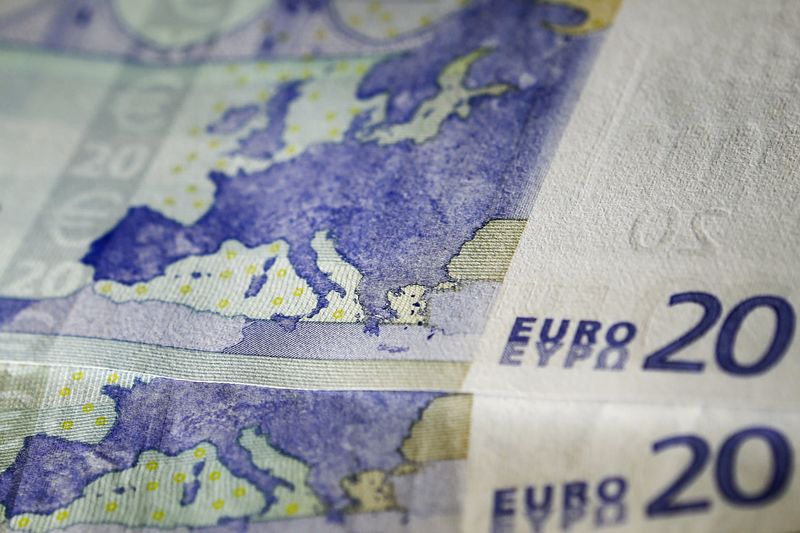Investing.com - The euro remained broadly weaker against the other major currencies on Tuesday, as concerns over Greece’s bailout overshadowed stronger-than-expected data on euro area private sector activity.
EUR/USD was last at 1.1241, down from Monday’s highs of 1.1409.
The single currency shrugged off data showing that private sector activity in the euro area expanded at the fastest pace in four years this month, cementing the view that the economic recovery is gaining traction.
The preliminary reading of the Markit composite purchasing managers' index, which looks at both the manufacturing and service sectors, rose to 54.1 from a final reading of 53.6 in May.
It was the highest level since May 2011 and above forecasts for a reading of 53.5.
The bloc’s manufacturing PMI rose to 52.5 this month from 52.2 in May, while the services PMI improved to 54.4 this month from 53.8.
France’s manufacturing sector expanded for the first time since April 2014 this month, as a broad based pick up in private business activity gained momentum.
German private sector activity also expanded at a faster-than-expected pace.
The euro remained under pressure after initial optimism that a Greek debt deal will be reached this week gave way to a more cautious mood.
Euro zone finance ministers failed to reach agreement over Greece’s bailout at an emergency meeting on Monday, but Eurogroup head Jeroen Dijsselbloem said new reform proposals from the Greek government were a good basis to restart stalled negotiations.
But German Chancellor Angela Merkel and International Monetary Fund head Christine Lagarde both warned that there was still a lot of work to be done.
Greece’s existing bailout is set to expire at the end of this month, when it must also repay €1.6 billion to the International Monetary Fund.
A default by Greece could trigger the country’s exit from the euro zone.
The single currency extended early losses against the yen and the pound, with EUR/JPY down 0.64% to 139.99 and EUR/GBP sliding 0.6% to 0.7123.
